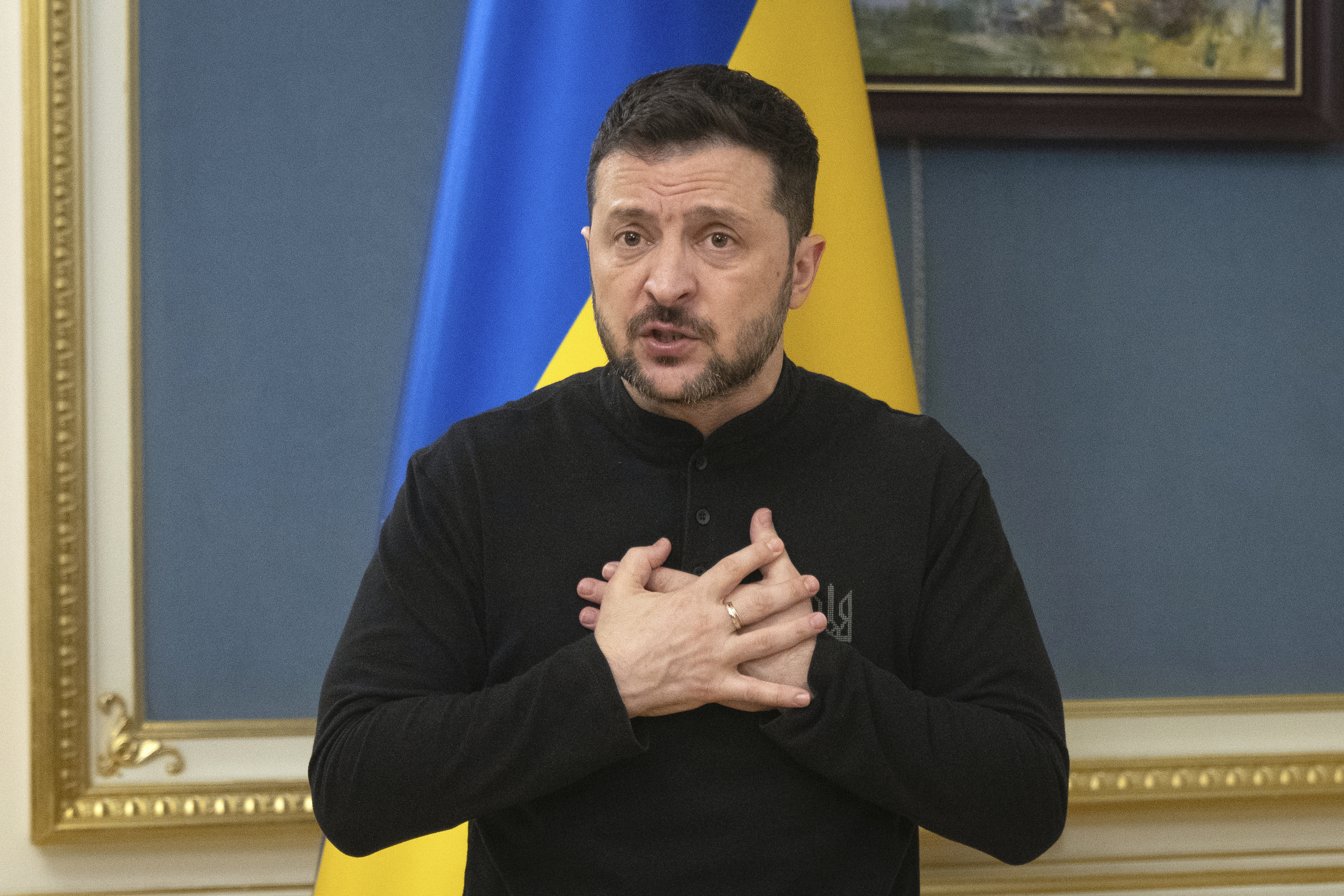The Ukrainian Parliament voted on Tuesday in favor of a controversial bill that, according to critics, decisively undermines Kiev's commitment to fighting corruption and threatens to thwart its attempt to join the EU. Based on a proposal from the party of Volodymyr Zelenskyy, 'Servant of the People', this rule places the independent National Anti-Corruption Bureau of Ukraine, or NABU, and the Special Anti-Corruption Prosecutor's Office, or SAP, under the direct supervision of the Attorney General of Ukraine, a politically appointed position by Zelenski himself. The European Commission expressed being "very concerned."
As a prelude, on Monday, before this law was passed, the Ukrainian secret service conducted at least 70 raids against employees of the National Anti-Corruption Bureau (NABU) and arrested two of its detectives on charges of collaborating with Russia, although other sources claim that these measures are taken after investigations began to target some of the president's team members.
The official explanation for the operation has not convinced anyone, in a society waiting for more convincing explanations. There have not been protests against Zelenskyy since the large-scale invasion in February 2022, but this move could trigger them, and there are already calls to take to the streets if the president finally signs the controversial law. On Tuesday afternoon, a crowd with signs gathered in the capital to protest the approval of this bill.
Marta Kos, Commissioner for European Neighborhood Policy and Enlargement Negotiations, stated after the law was passed: "I am deeply concerned about today's vote in the Rada. The dismantling of key safeguards protecting NABU's independence is a serious setback. Independent bodies like NABU and SAP are essential for Ukraine's path towards the EU. The rule of law remains a central element of the accession negotiations."
Since 2022, numerous cases of rampant corruption have been investigated by both offices. The number of cases has been increasing since then, indicating increased efficiency. They have uncovered high-level cases in key sectors such as Defense, Infrastructure, and Justice. Among the most notable are the bribery of the Supreme Court President ($2.7 million), fraud in Ukrzaliznytsia (Ukrainian railways) and Ukrenergo (state energy company), and embezzlement in military supply contracts totaling tens of millions of dollars.
In 2023, they managed to send over 160 indictments to the courts and recover funds for the Defense budget. In 2024, they opened several cases against ministerial officials and former presidential advisors, not to mention several regional governors and oblast mayors involved in bribery.
"The operation shows all the signs of an attempt to dismantle the anti-corruption infrastructure," said Daria Kaleniuk, executive director of the Anti-Corruption Action Center, to the 'Kyiv Independent'. "We are witnessing the dismantling of a decade of anti-corruption efforts in Ukraine. This represents a 180-degree turn towards European integration."
Ukrainian artists, athletes, and celebrities have demanded that President Zelenskyy not sign the document, which would prevent the law from taking effect. For example, renowned Ukrainian chef Yevhen Klopotenko wrote on his X account: "If we are building a strong, independent, and European Ukraine, then there can't be such votes and laws in it. We definitely need to listen to the citizens. Sometimes it's difficult, but I am absolutely sure it is the only way to our future. Mr. President, do not sign this law!"
After the fall of the Soviet Union, Ukraine inherited a very weak state and a political culture marked by clientelistic networks and systemic corruption. The chaotic privatizations of the 1990s concentrated wealth in the hands of oligarchs and mafias, just like in Russia, who captured institutions and funded parties to protect their interests.
The lack of judicial reforms, a fragile rule of law, and Russian influence in key sectors solidified corrupt practices that, despite the revolutions of 2004 and 2014, continue to hinder governance and the country's development. In recent times, due to its desire to join the European Union, Kiev had made efforts to gradually eliminate these practices.
